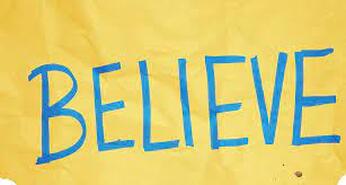|
Life is too messy to be done alone. Even God looked at man and said “It is not good for man to be alone.” In that statement He saw that He had not created a fully sufficient Being who could even be fulfilled by a relationship with Him and paradise. Man was made to love and be loved, and when we can’t correctly feed into or be fed by others, we look for ways to fill the gaps. We look to money, drink, drugs, sex, and other disconnectors from the one thing we need: community. The old cliché “it takes a village” is a truth. It takes a village, and when the village isn’t able, instead of abandoning the villager, we should find ways to expand the village. All of humanity wants to be full. All of us search for meaning. And when we can’t find it, or don’t like the meaning we find, we hide. When Adam ate of the fruit he was naked. So he hid. He hid from the solution, which was reconnecting to the God who created him, who could explain his newfound emptiness. Now we as people yearn for the drink that does not quench, the food that does not fill, the lusts and pleasures that never satisfy. It is in the searching and attempt to reconnect to the source that created us and showed us where fulfillment could be found, that we stumble. We fall. And sometimes we don’t get up.
But that yearning to be fulfilled, to have our spirit overflowing with meaning, life, and joy cannot be filled by this broken world. There is nothing in this world that can make us whole. It is only in reconnecting with our Maker and understanding how He made us, and how we can and should be, can we ever begin to create a life of satisfaction and fulfilled meaning.
0 Comments
With the new #MeToo movement on sexual violence and harassment starting on social media, allow me to explain how this is an across the board issue.
I’ve never been harassed by a woman, but twice I’ve been the victim of sexual harassment. Once when I worked at the Costco gas station in 1999-2000. I was 18-19 years old and a male customer came to the gas station and would aggressively flirt with me. He would come to my work and tell me how much he thought about me and wanted to hang out with me. He would corner me when no one was at the gas station. One time I hid in the little hut and he banged on the door to see me. I went to management. They laughed. Eventually, it got too much. He was asking people about my shifts and coming in. Once he touched me on the arm. But since there were cameras he had to be careful. I quit. I left a job because people didn’t believe me. And they laughed. I wasn’t sure how to tell others about it. My co-workers knew about it, but since I worked alone most shifts, they never saw it first hand. Eventually, after I quit, he tried to find out where I was working next. When the co-worker said he didn’t know, the man got verbally violent. I was told they took away his membership. But no one wanted to reach out to apologize. When I was coaching, an obnoxious assistant that was hired with me, would make gay slurs at me. I’m not gay. But he was jealous of my success and decided to spread rumors that tarnished my reputation in the community. I had coaches in the Fresno areas calling me about this guy’s harassment of me. Eventually, he was released from his coaching duties, but his remarks to me were hard. This wasn’t simple playing, this was a man trying to ruin my life by painting me as a potential predator, because his own homophobic ideas led him to believe if others thought I was gay, and if he called me names, others would ask for me to step down. So I understand the fear and the frustration of having to show up to work everyday knowing there are people who use this power over others. Don’t victim shame. Don’t ask “why didn’t they speak out?” Maybe they did and no one listened. Maybe they didn’t because they knew what happened to those who did. Just know. I understand. #MeToo In the mid 1980’s the Coen Brothers, Ethan and Joel, made a debut film called Blood Simple (1984). The dark violent thriller brought them acclaim and the opportunity to make a big budget film. Instead of making another thriller they made the over the top kidnapping comedy Raising Arizona (1987), an exciting and dialogue heavy film staring Nicolas Cage and Holly Hunter. In 1990 they made the quirky crime drama with a bunch of men wearing big hats called Miller’s Crossing. The film is good, but bland in comparison to the previous films. After mix reviews, but okay box office they made a critical masterpiece, the very insider/existential old era movie comedy Barton Fink (1991). They were filmmakers to watch, but their voice was all over the place. Each of the three previously mentioned films are classics, but none were consistent in voice. 1994 was almost the death of them. Given $25 million dollars to make a film, they made the under appreciated cult classic The Hudsucker Proxy with Tim Robbins and Paul Newman in a screwball comedy about the hula hoop. Try selling that to the masses. Then in 1996, in March, with nothing to lose, they took all of their previous creations and concocted a dark comedy crime thriller called Fargo. The trailer was a bit of a mess, but the reviews were through the roof. Siskel and Ebert declared it the best picture of 1996 back in their March review. The film, now 21 years later, holds up even better than when I first saw it in 1996 at 14 years old. In fact, the first time I saw it, I was confused, slightly taken aback by the violence and odd humor. Now at 35 years old, I understand the nuance and themes better, and a film that once was beautiful mystery is now a compelling parable. The opening title card, a hoax by the way, sets up a feeling of excitement. True story crime capers are always interesting. And while this “true story” wasn’t one, it was the only way to establish the perfect logic of the characters. I’m convinced that if this story happened in real life 100 times, that based on the people involved, this would have been the actual outcome 100/100 times. Fargo is a perfect film for this reason. Not one false step. Not one false character motive. Not one time do we look at the characters and second guess their motives. This film might be the best screenplay to study if you want to know how to write a clean narrative. The characters understand their roles and who they are. Whether it’s the bumbling crooks, the sneaky car salesman, or the very pregnant police chief. All the actors understand their characters, which means all their actions are defensible. All of the warmth of middle America is surrounded by cold white snow, and the blood of innocents is spilled upon that crystal clean surface. The landscape is a character in itself. The irony of small town folks being the victim of a greedy man salesman, who looks and is no different than any other man, adds to the Shakespearean theme and murderous plot. What William H. Macy does is take the Willy Loman arc type and puts him in the middle of the crime. His plan is so simple. Have his wife kidnapped. Get his father in law to pay the ransom. Split it up with the criminals. Then pay off his debts and keep some for the unfairness of life. But it goes all wrong. So many deaths. So many mishaps. And a very bright and kind police chief just one step behind until she’s all caught up. And that’s where the film shows it’s powerful metaphorical writing. As Francis McDormand is surrounded by death, her pregnancy is a symbol of life. She inspires and is inspired. Her relationship with her less than successful stamp artist husband shows her vulnerability and sweetness. Their conversations and loyalty to each other are the juxtaposition to the other couples in the film. They’re just as confused and messed up, but they’d never commit crimes to solve problems. The kindness they display at the end is a counter to the evil the William H. Macy subjects his wife too. The Coens have crafted a perfect script to characterize the wealthy as weak and middle class as strong. In the 1987 time frame, it feels like a slap to Reagan’s America. Or is it a homage? Either way, it’s a beautiful marriage. And then there is the American mythology of Paul Bunyon standing tall like a ever watching god. The great American myth that hard work produces good results is completely deconstructed here, as William H. Macy’s Jerry Lundegard probably did all the right things but still is a victim, therefore creating a bloodbath of new victims. And while Bunyan stands tall and powerful, he is just as impotent as the the characters. Since 1996’s Fargo, Ethan and Joel Coen have made one monumental masterpiece after another.
The Big Lebowski O Brother Where Art Thou? The Man that Wasn’t There True Grit No Country For Old Men A Serious Man True Grit Inside Llewyn Davis Hail Caesar! But it took a little crime film in 1996 to develope the voice that would create the towering canon of work beloved today. Yep. That’s me. 100 pounds ago. 18 or 19 years ago. I was ready to graduate high school and attend a very prestigious community college we called Harvard on the Hill aka Moorpark College. Don’t believe that was me? Here’s more proof of my once thin and illustrious childhood. I was a 90s kid down to the socks and sandals to flannel. Look at those jean shorts. They were a thing. A real thing. How about my younger days, you ask. I used to fight with my cousins in Van Nuys, took embarrassing Easter pics, and have about 10 years of pics with my brother. I was raised in a normal home from 1981-1990. Then my parents got divorced and the reality of life bit open the bubble I lived in. Suddenly, when the parents are split, they have different agendas and goals for me. My dad wanted me to be a 35 year old man at 10 and my mom wanted me to be a kid. That caused me to be a very responsible jokester. Let me make this clear, being the funny kid and the square is really weird to most people. It produced a very odd response to me. I was never in trouble but always disappointing people. I worked hard in school but got C’s. I practiced hard in sports but got nowhere in them. I was well liked but not invited to a lot of things. I just was there. And that’s a very invisible place to be. Not popular. Not unpopular. Respected but not loved. Passed over but not hated. Not forgotten but never remembered. I stood out in no way. But always people pleasing. People pleasing became my goal. I just wanted to hear good job. My dad wasn’t one, my mom very much one. The problem with male people pleasers is that they might make people happy in the moment, but they are forgotten quickly. They didn’t start the problem. They didn’t really solve it. They got the band aid. They are the shoulder to cry on. They fix something for a day. So to continue being seen as valuable, they never rock the boat and keep fixing a problem instead of facing the person straight on to encourage them to fix it themselves. People pleasers are the drug that keep people addicted to not making bigger changes and people pleasers see immeadiate, but not long lasting gratitude, as a drug to keep them going. It’s a vicious cycle. It starts at childhood. Parents who need you to be a certain way cause you to either try to please or rebel.
I pleased. My brother did not. This goes deeper into life. I played sports I didn’t want to play. I took classes I wasn’t excited about. I tried to play hero to people who needed a greater savior than me. An honors kid who didn’t want to do homework. Instead of putting a little selfishness into my life, I made life about everyone else. And anyone who lets you change your career or college goals or anything for them, are not the people who show loyalty down the road. In college I wanted to be a filmmaker. No one really saw that as a respectable career. They wanted me to be a teacher. I’m an excellent teacher. The problem is that I hate being excellent in something I never really believed was my calling. You might think it is, but thoughts don’t fill the gaps of my desires. I thought I was making everyone else happy. But I can’t do that. Happiness is between you and God. I can’t play that role. Choosing to build a life that will make other people happy is a one way ticket to depression and disaster. When I look back on life I can tell you, I wish I never went to college. I wish I never got into debt. I wish I never coached wrestling. I wish I never became a teacher. If anything, I wish I did the opposite. In 1999, I wish I would have gotten an AA in graphic design from Moorpark JC. I wish I would have stayed at Costco. I wish I would have just lifted weights, learned guitar, and gotten some tattoos. I wish I would have found a job I could just leave at the end and not be in dealing with the emotional baggage of upset students, teachers, administrators, etc. I wish I would have stayed fit and not gotten diabetes. I wish I would have wrestled in junior college instead of coaching while in college. I wish I would have played music and just lived a life lacking in the stresses I’ve had fogging my life since adulthood started. In my attempt to grow up fast, I never became a real adult. I’m a person doing an impression of an adult. In the end...as a people pleaser...I wish I would have been more of a Paul pleaser. I’m not saying much good came out of the last 18-19 years. But when I look at the cycles in my life, they come from me trying to please someone else instead of thinking of my own sanity and time. And as I sit in my studio apartment in the valley, I realize that the 36 year old Paul who should have done the alternative life would probably be in the same boat without giving up so much of himself in the process. Or worse...he’d be much better off. The line between comedy and tragedy was put on full display on Facebook the past few weeks. Hurricanes. Mass Shootings. Comedians and internet trolls alike made tasteless jokes about tragic events. And while many can debate can they, the true question is should they? The great argument of “free speech” and don’t “restrict art” may or may not apply. While I don’t have all the answers, I can say I did unfriend a comic I didn’t know for making jokes on Facebook about the Vegas shooting. While his joke was corny, it was his attitude about how it was okay that bothered me. I understand his “right.” I just don’t think it was right. While “normal people” don’t make jokes about 60 people being brutally shot to death and 500 injured, comedians walk a different path. Their lives are drenched in mystique of tragedy and loneliness. While not all, many take that cross upon themselves to bear. So when these acts against humanity come, they don’t empathize the same way. Art — whether it’s drawing, clothing, music, acting, or the spoken word — can tap you into emotions more deeply than ever. But those who create art can create a blurry line in their life. Somewhere between writing the truth, finding the truth, and creating the truth, the artist can get lost in a labryth. Also, since so much of art is personal and vulnerable, the artist can forget that not everyone is as open to discussing or joking about their tragedy. Richard Pryor did that better than anyone. Leaving nothing about his life off the table. Here’s a joke about him setting himself on fire after taking too many drugs. Most people aren’t that comfortable with laughing at their own tragedy. But most people also aren’t comfortable telling jokes on stage either.
|
Paul Douglas Moomjean Blog's About What's on His MindBlogging allows for me to rant when there is no stage in the moment to talk about what's important and/or funny to me. Archives
July 2024
Categories |
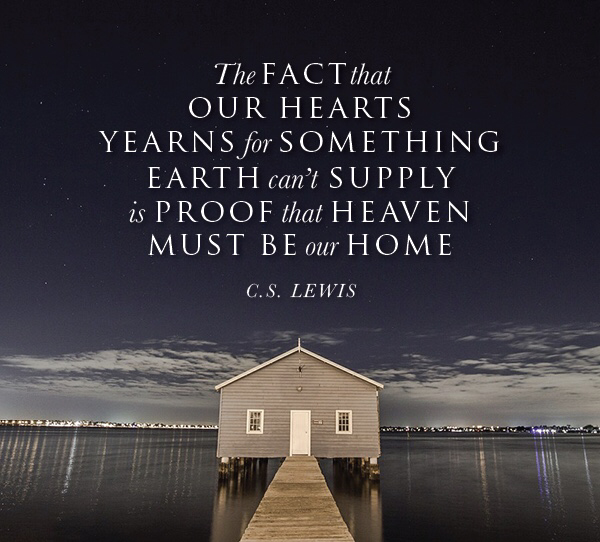
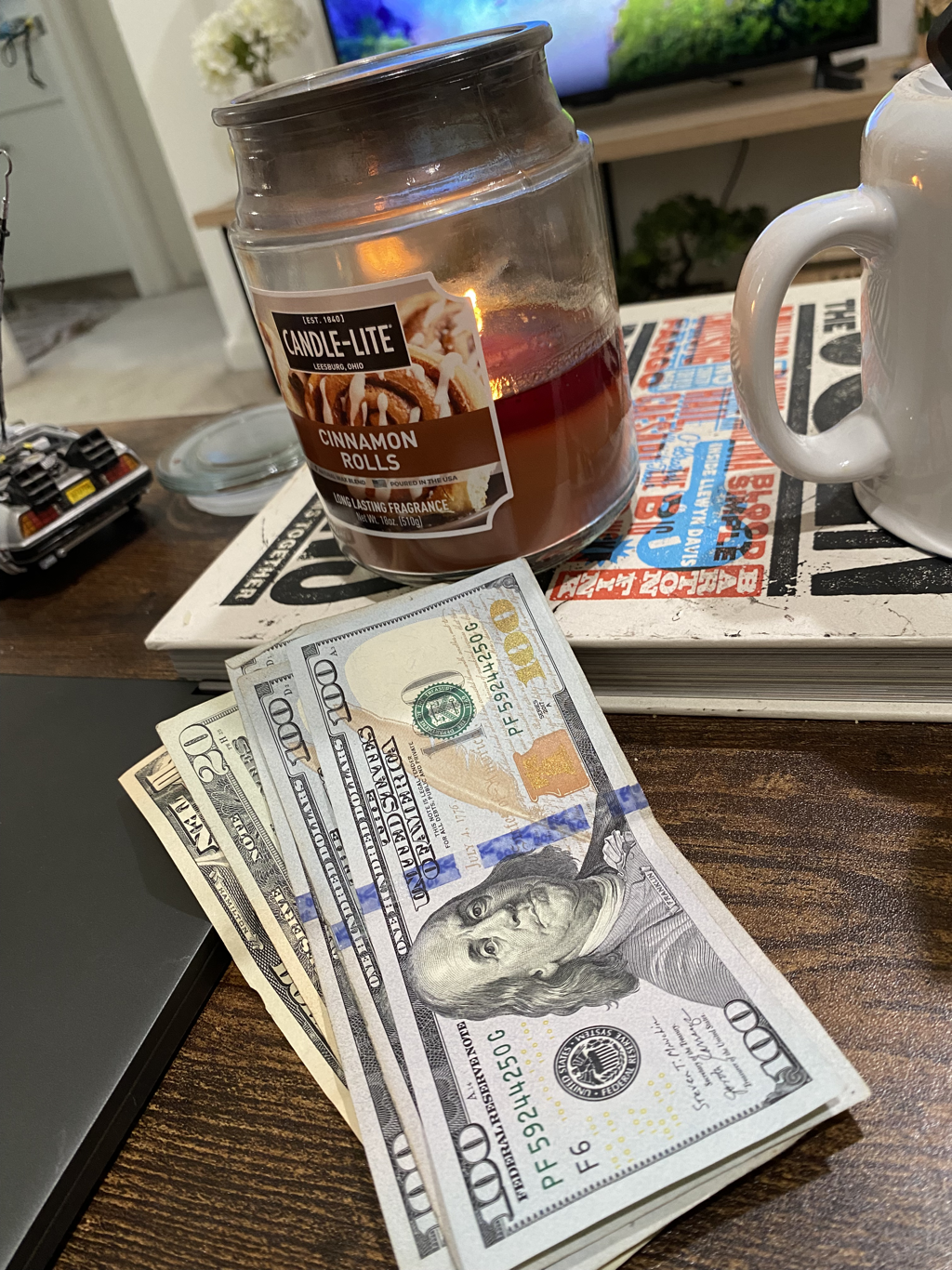
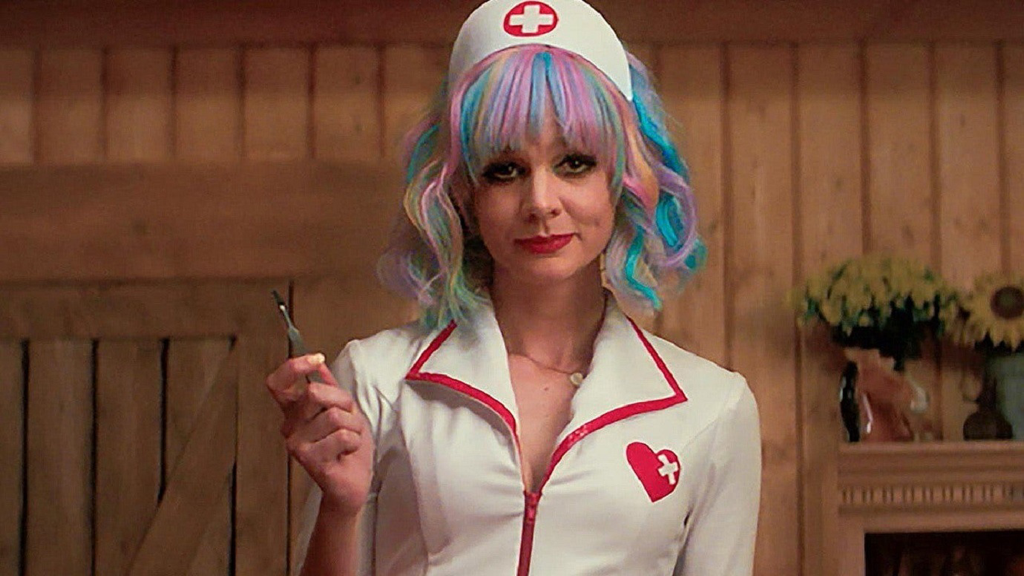
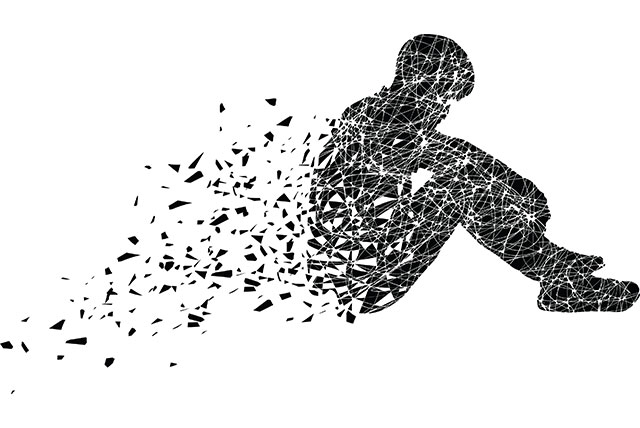
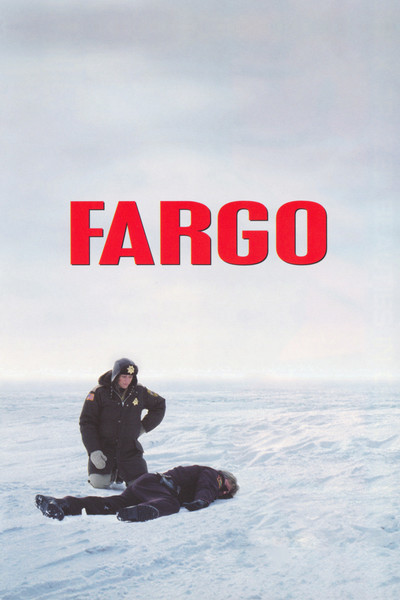
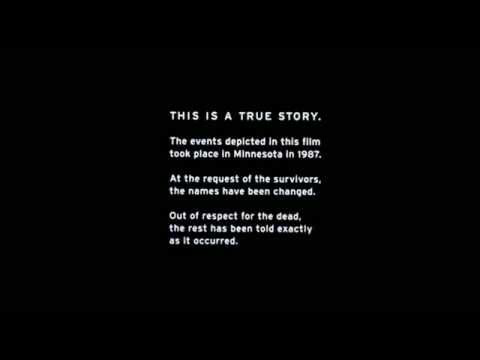
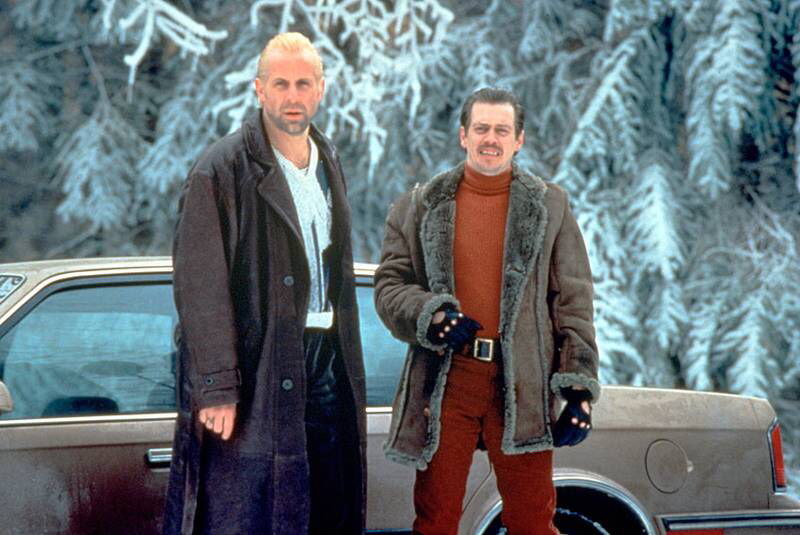
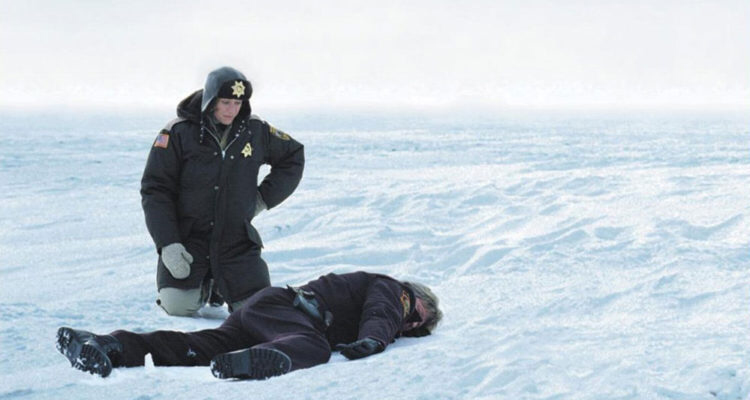
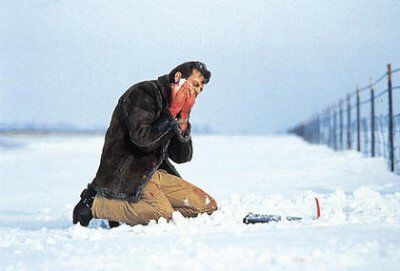
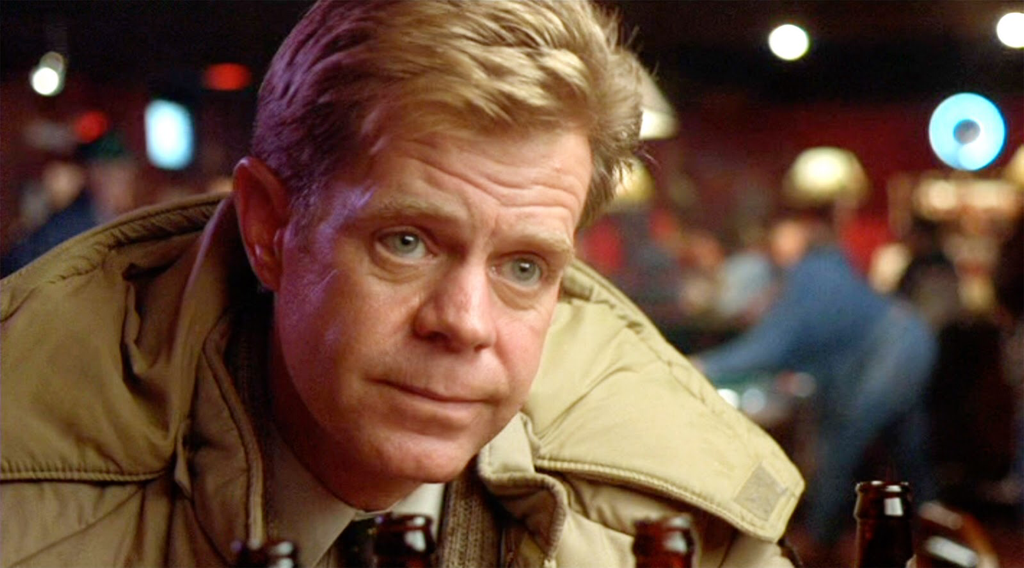
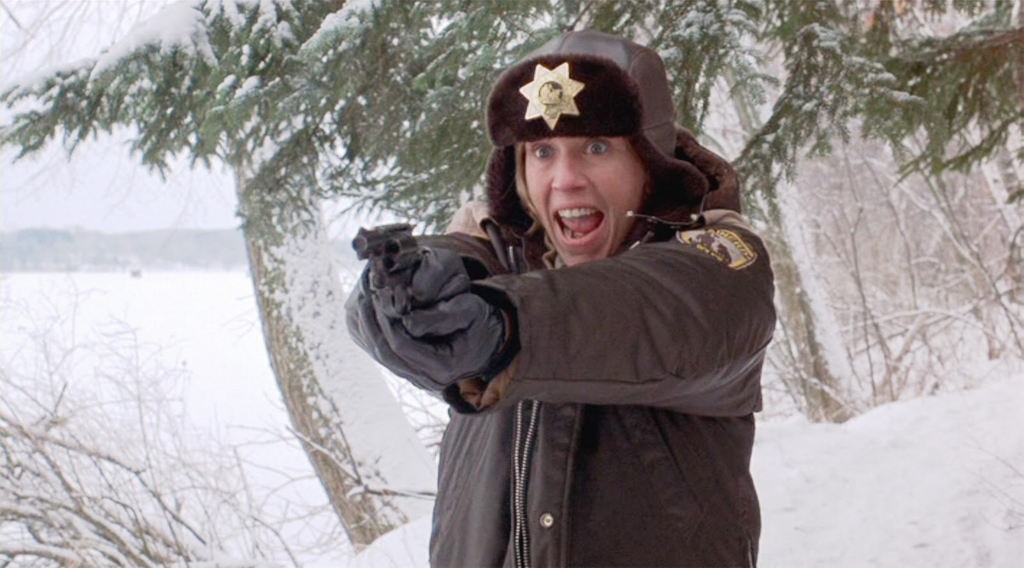
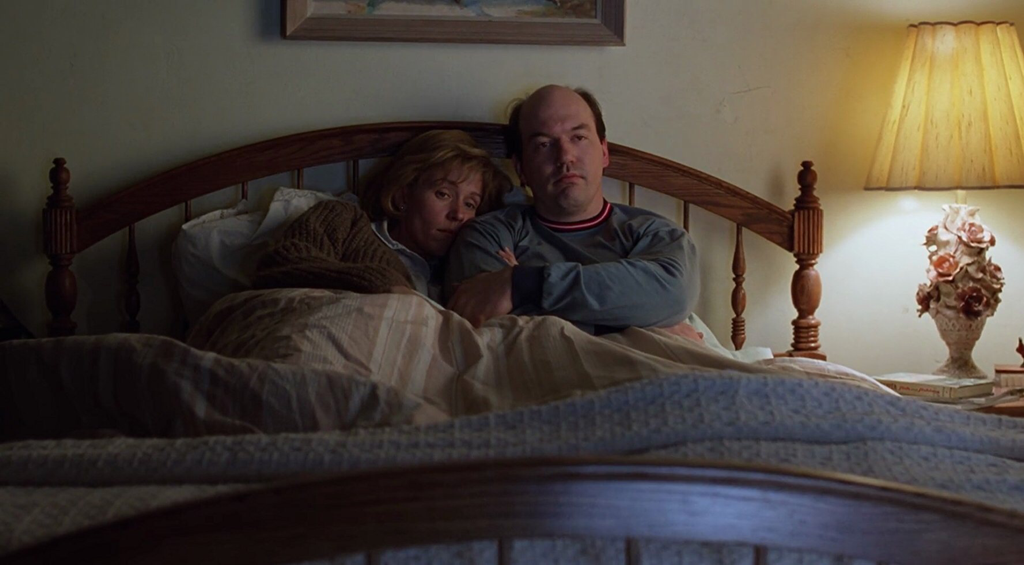
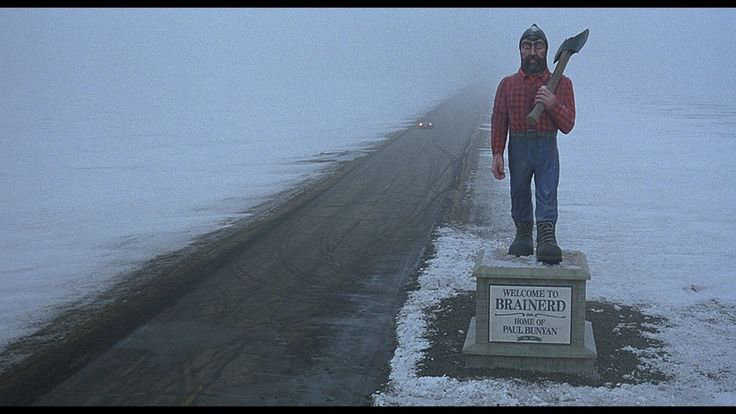
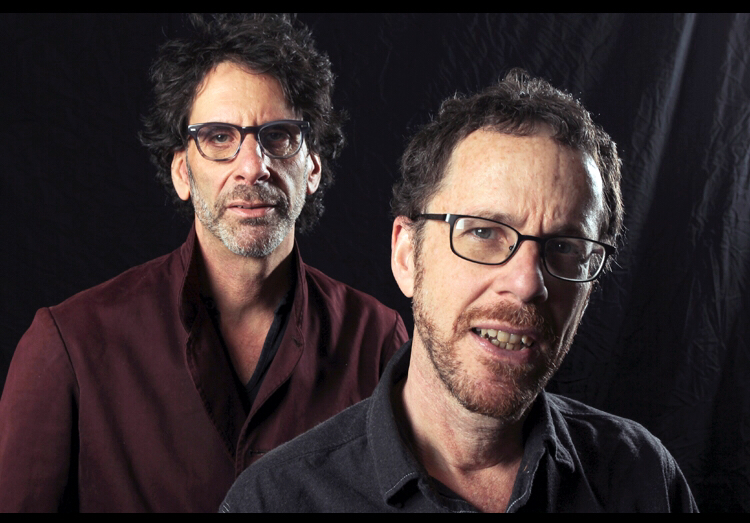
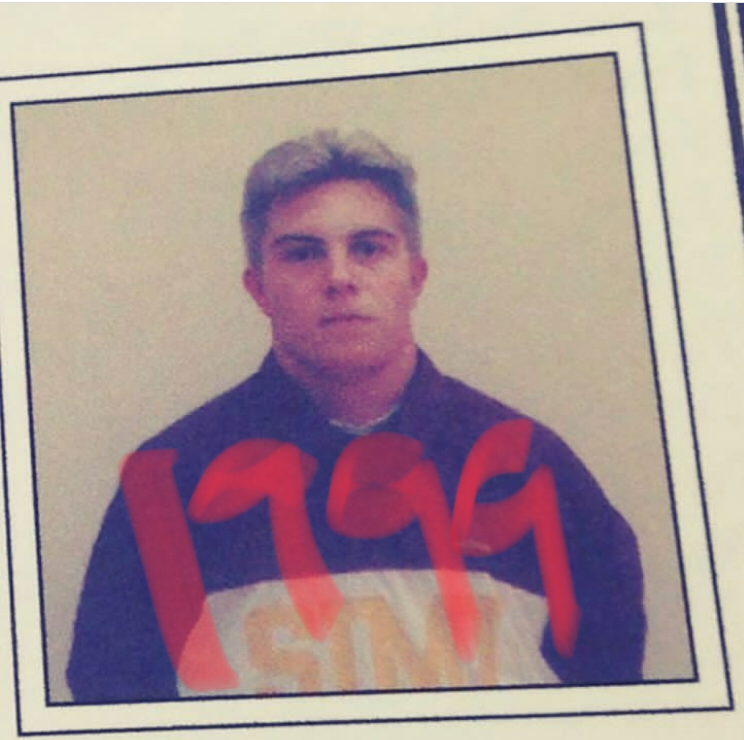
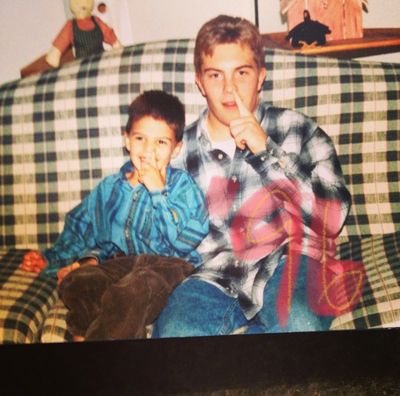
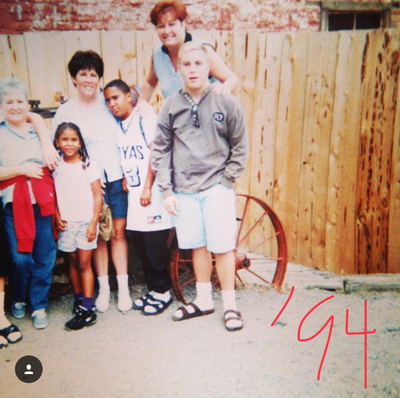
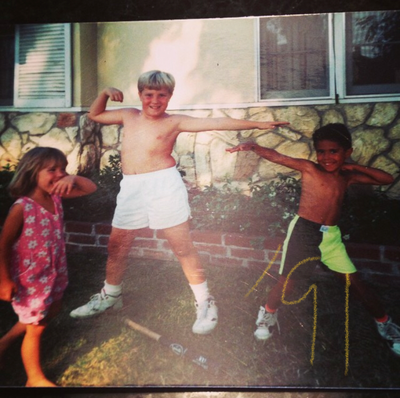
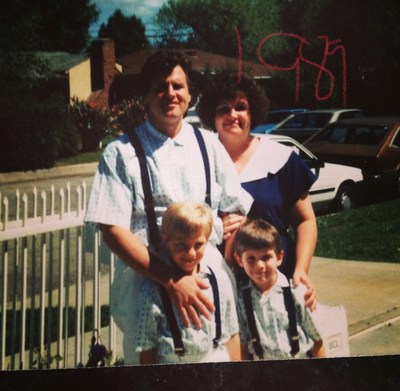
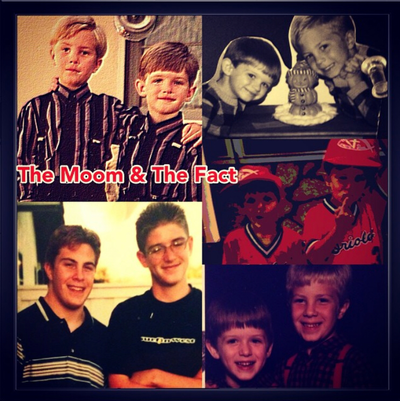
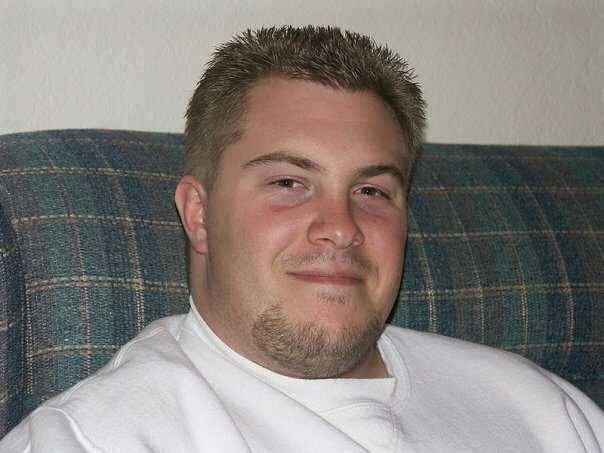
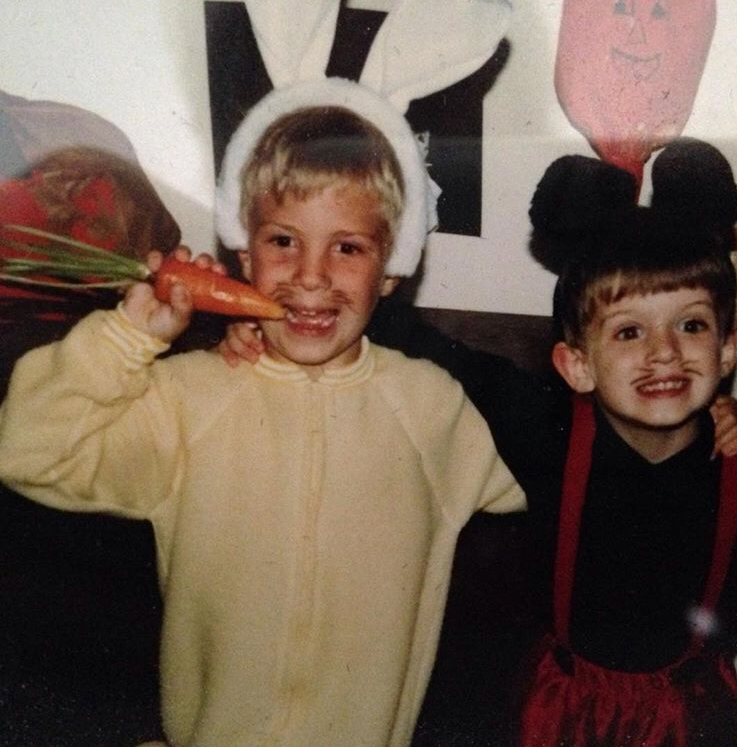
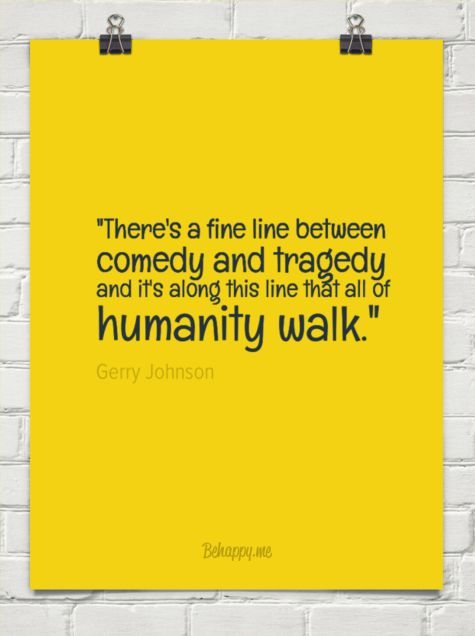
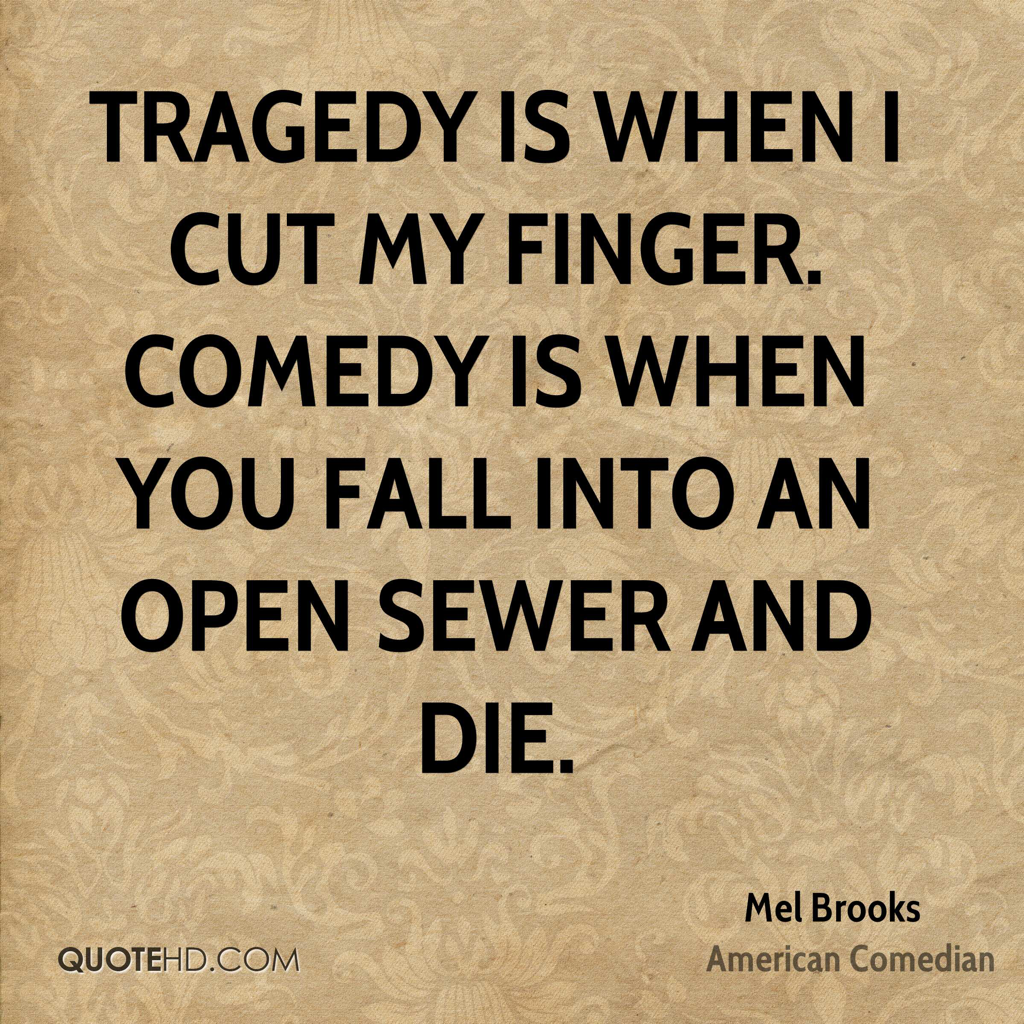
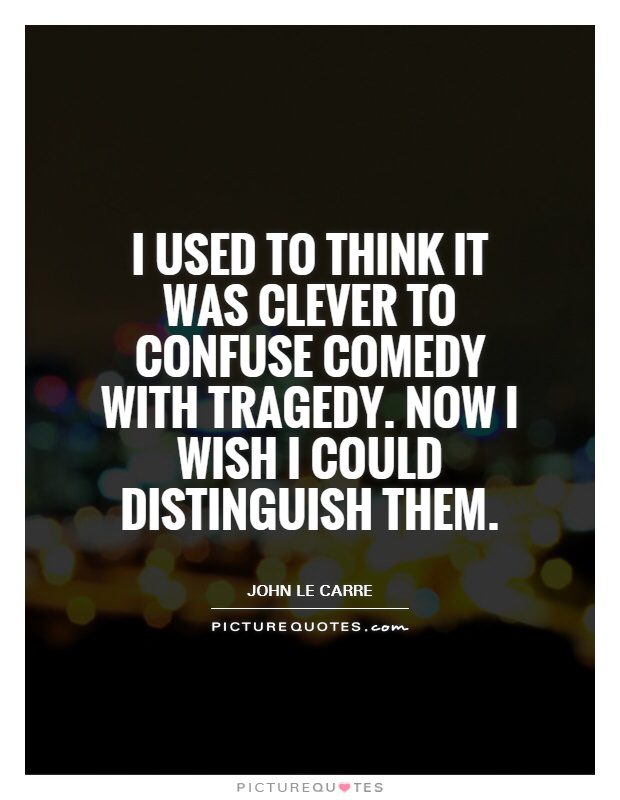
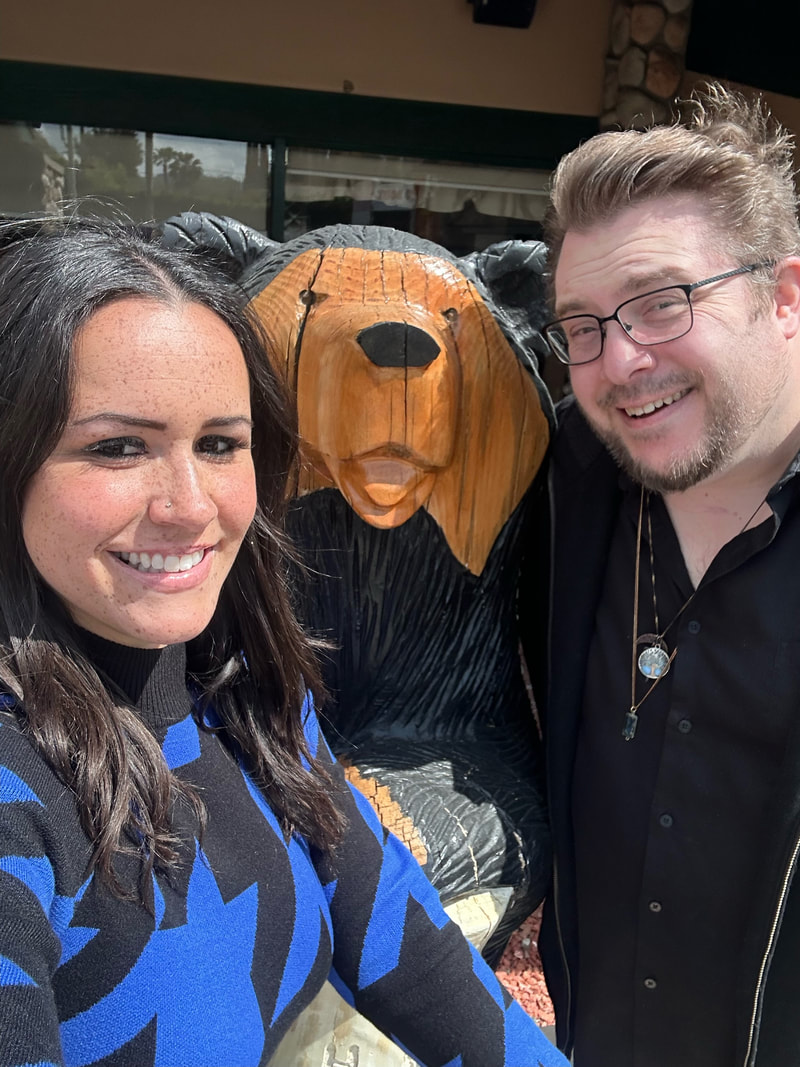
 RSS Feed
RSS Feed
